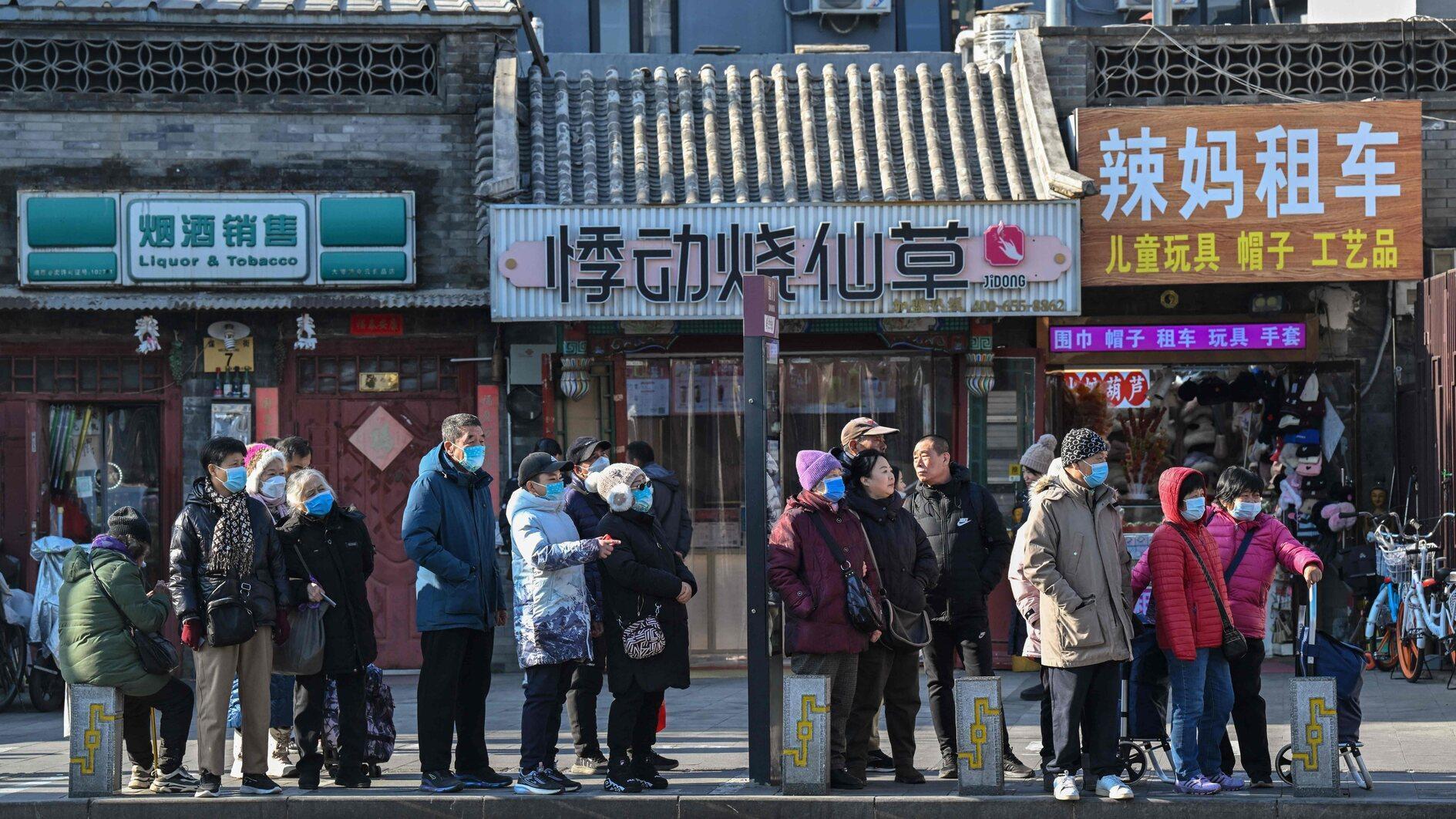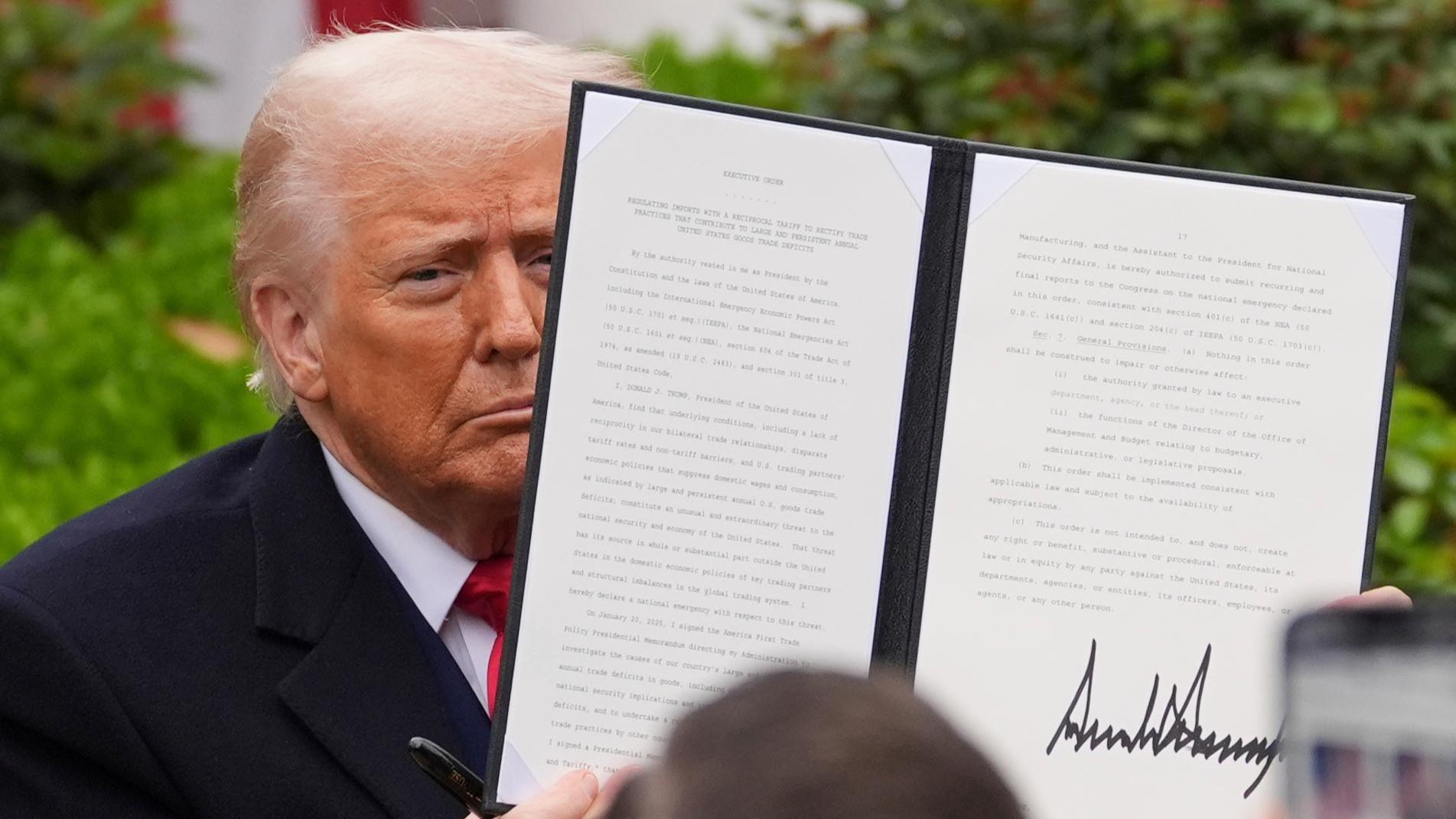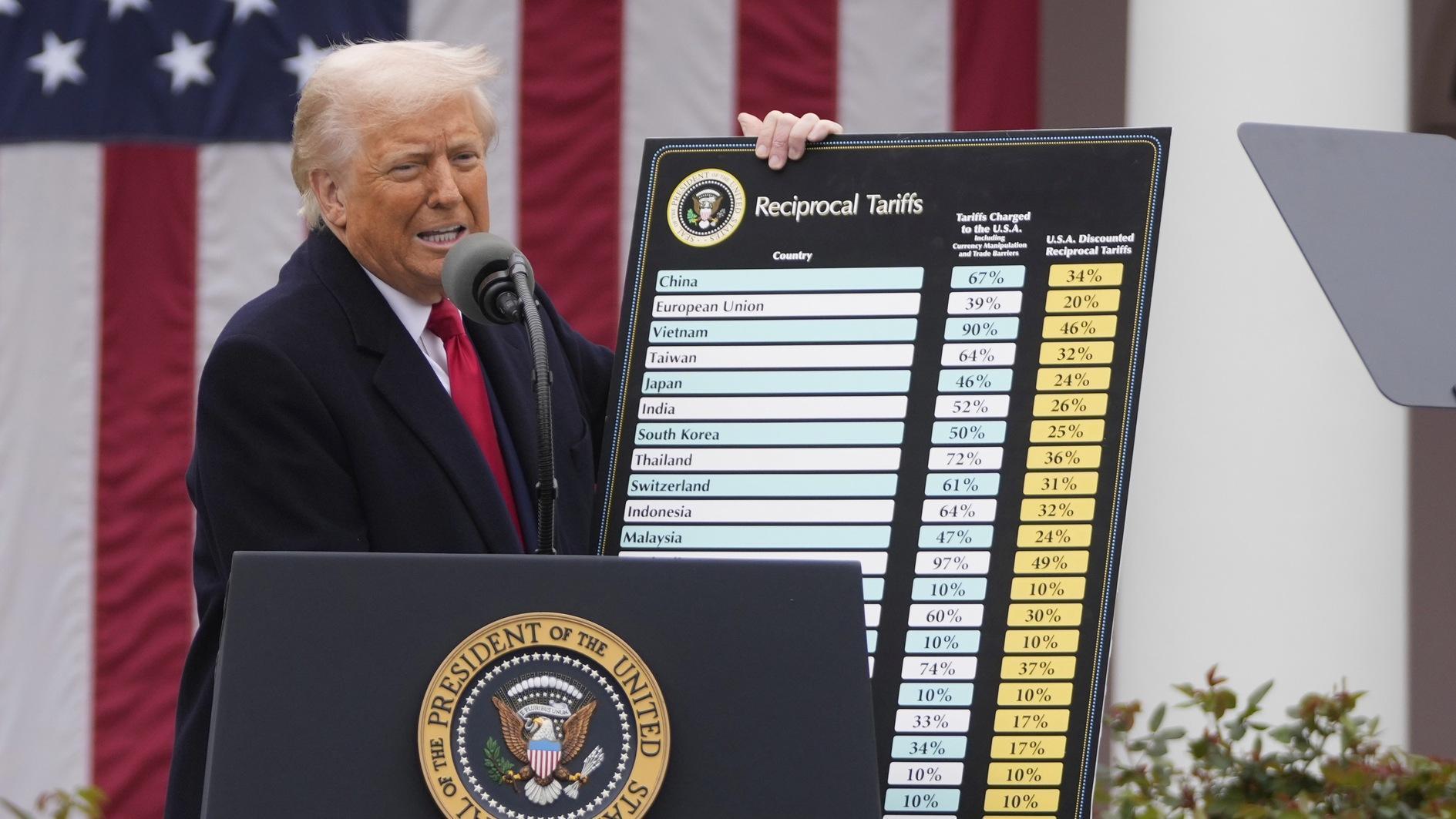Beijing is seeking to jump-start its large, wavering economy
BEIJING

People wait for a bus at the popular Qianmen tourist area in Beijing on January 13, 2025.
As China's economy struggles, officials in Beijing have the arduous task of formulating a policy response that can ensure sustainable growth in what promises to be a challenging year ahead.
Sluggish domestic spending, a years-long property market slump and the prospect of an intensified trade war after U.S. President-elect Donald Trump takes office next week are among the considerable hurdles facing the world's number two economy.
In the face of myriad pressures, Beijing has since September announced a string of its most aggressive economic support measures in years.
China nearly slipped into deflation in December, in a further sign of lacklustre spending since the cancelation of stringent anti-pandemic measures in late 2022.
To encourage spending, authorities have expanded a scheme allowing consumers to replace old household appliances at a subsidised price to include items such as dishwashers, rice cookers and microwave ovens.
Similar policies have also been implemented for tech products like smartphones, tablets and smartwatches.
Such programs intended to shore up consumption have "already demonstrated their effectiveness in recent months," Agatha Kratz of Rhodium Group told AFP.
China's Central Bank cut two key interest rates to historic lows in October, just days after the country posted its lowest quarterly growth in 18 months.
Central bank officials have signalled that 2025 will likely bring further rate cuts under a shifted "moderately loose" stance towards monetary policy.
China's property sector once represented a pillar of the national economy, fuelling a construction boom that coincided with a period of rapid urbanization.
But the industry slumped as it was hit by a government crackdown on lending, with several top developers mired in debt and on the brink of collapse as wary consumers hold off on purchasing homes.
Beijing in November announced a raft of policies intended to boost the ailing sector.
A key issue that continues to plague the Chinese economy is the high level of debt saddling local governments, which once borrowed large sums to fund infrastructure projects.
But those authorities today are running out of infrastructure needs to meet, which means that newer projects, like extra bridges and conference centres, tend to make less money back as there is little demand for them.
Authorities announced in October that local governments would be issued special bonds enabling them to acquire unused land for development.
But analysts are sceptical that the debt-hit property sector will fully recover this year, with "no quick fix" in sight, said Lisheng Wang, China economist at Goldman Sachs, to AFP.
"Property prices and home transactions have started to react to the latest policy easing measures, which include funding support for unfinished projects," said Betty Wang of Oxford Economics.
"However, we remain cautious about a recovery in the sector," said Wang.
















